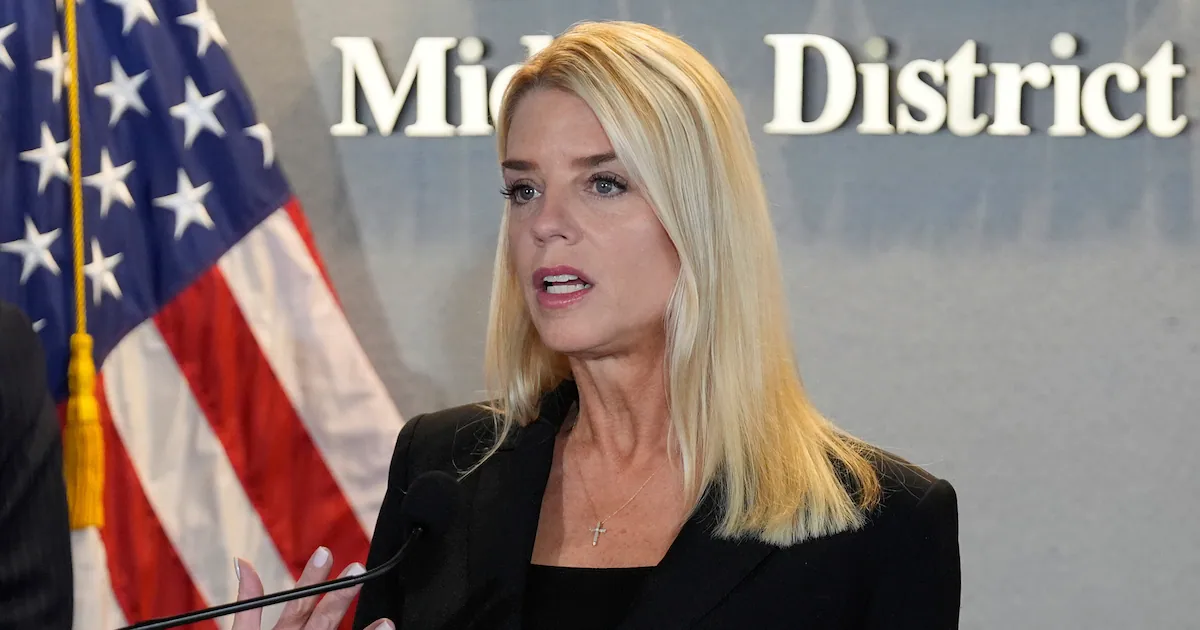
Question
I never imagined I’d sit at my HR desk debating whether to fire two employees for cheering an assassination. Yet here I am.
I work at a left-leaning nonprofit where most staff identify as progressive. That’s fine with me — I value a mix of voices — but it’s not a safe place to share right-of-center views. Personally, I admired Charlie Kirk, not because I agreed with every position, but because he leaned into debate. He forced people out of their bubbles.
When news of Charlie’s assassination broke, two employees raised their fists and celebrated. They talked excitedly about it all day. Their cruelty and glee made me physically ill.
My HR role required I investigate. I asked them what, exactly, they despised about Charlie. Their answers fell apart quickly. Neither had ever listened to his original speeches or podcasts. Every “fact” they lobbed at me came from headlines passed through others.
They weren’t cheering because they had grappled with his words and found them harmful. They were cheering because they’d absorbed distortions and decided a human life didn’t matter. To me, that crosses into hate speech.
When, legally and ethically, can an employer fire employees for rhetoric like this? What real-world precedents exist? And if I move forward, how can I convince my left-leaning board it’s the right call?
Answer
We live in an age where political violence slips too easily into casual conversation. A recent survey found 38% of respondents and 48% of self-described liberals viewed assassinating Donald Trump as “somewhat acceptable.”
That’s the climate your employees reflect. Cheering an assassination isn’t harmless venting. It glorifies violence, violates dignity and undermines your nonprofit’s credibility.
Why Charlie Kirk’s killing struck a nerve
You hit on the key point: Your staff condemned him without ever listening to him. They cheered based on caricature, not content. That is the polarization Kirk tried to puncture.
Agree with him or not, Charlie pushed people to debate across divides. If employees in your workplace can celebrate his assassination while admitting they’ve never engaged with his actual words, they’re not just expressing an opinion. They’re modeling intellectual laziness and moral callousness dressed up as righteousness — and they’re doing it under your nonprofit’s roof.
Can you fire for hate speech?
Yes — if you are a private employer and you document carefully. Free speech protects people from government action, not from workplace consequences. Employers have wide discretion when speech…
Violates policy (anti-harassment, anti-violence, codes of conduct).
Damages reputation with donors, clients or the public.
Undermines trust or creates a hostile environment.
Recent precedents
Nasdaq fired an employee who cheered Kirk’s shooting online.
Clemson University dismissed staff for “inappropriate” posts about the assassination.
United Airlines and Delta Air Lines have pulled employees from duties over Kirk-related posts.
In multiple other cases, workers have lost jobs for glorifying violence, even outside work hours. Courts generally uphold these actions when employers can show reputational harm, policy violation or disruption.
How to frame this for your board
Your board may lean left politically, but this isn’t about politics — it’s about principle. Frame it as:
Mission alignment: Celebrating violence contradicts the values your nonprofit stands for.
Reputation risk: Imagine headlines: “Nonprofit tolerated staff cheering assassination.” Donor trust crumbles.
Culture and morale: If this goes unchecked, employees who disagree politically, reject violence or want professionalism will lose faith in leadership.
Consistency: You can’t preach dignity while allowing staff to exalt in someone’s death.
Precedent: Other organizations have already acted decisively.
The bottom line
Termination isn’t about politics. It’s about humanity. It’s about saying that, in this workplace, we don’t cheer when people are killed. Period.
Document what was said, cite the policies violated and present the risks clearly to your board. Your board doesn’t need to approve a firing, but to endorse a principle: We are better than this.



